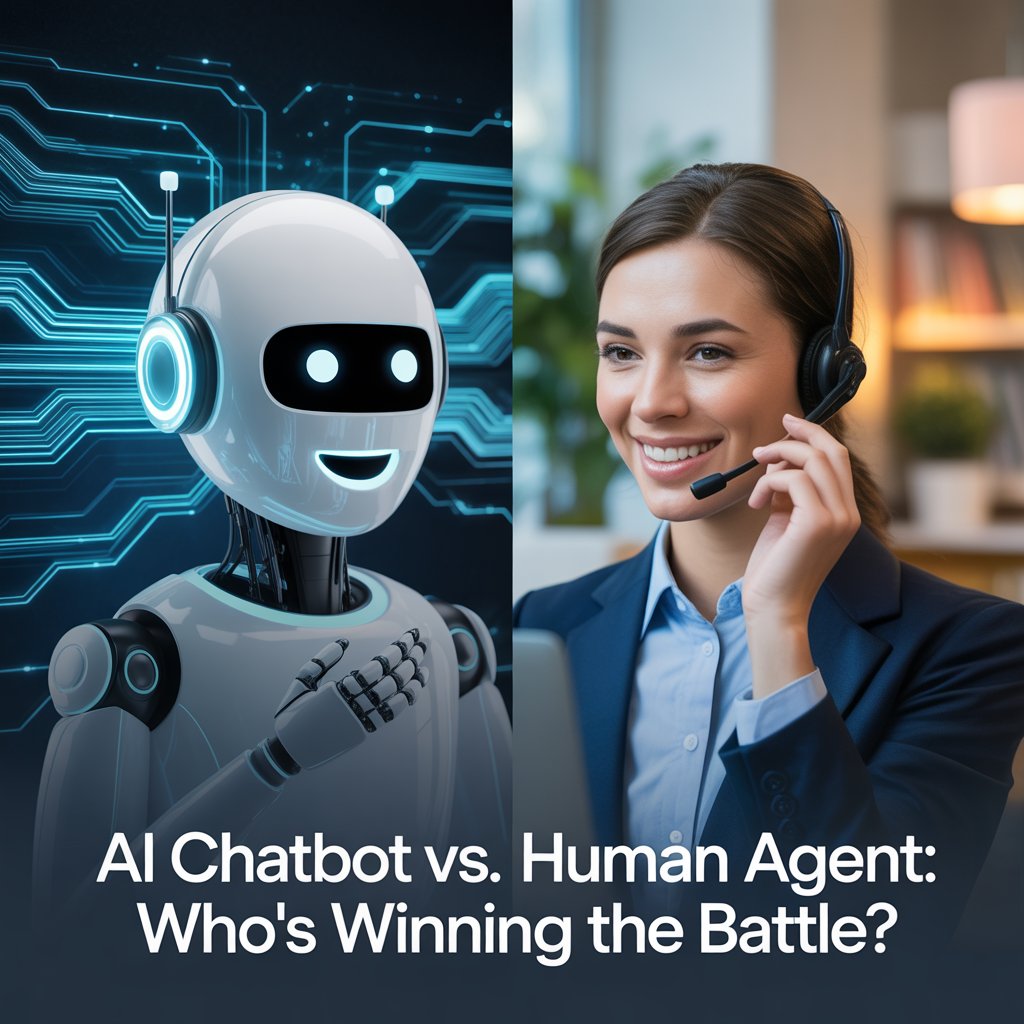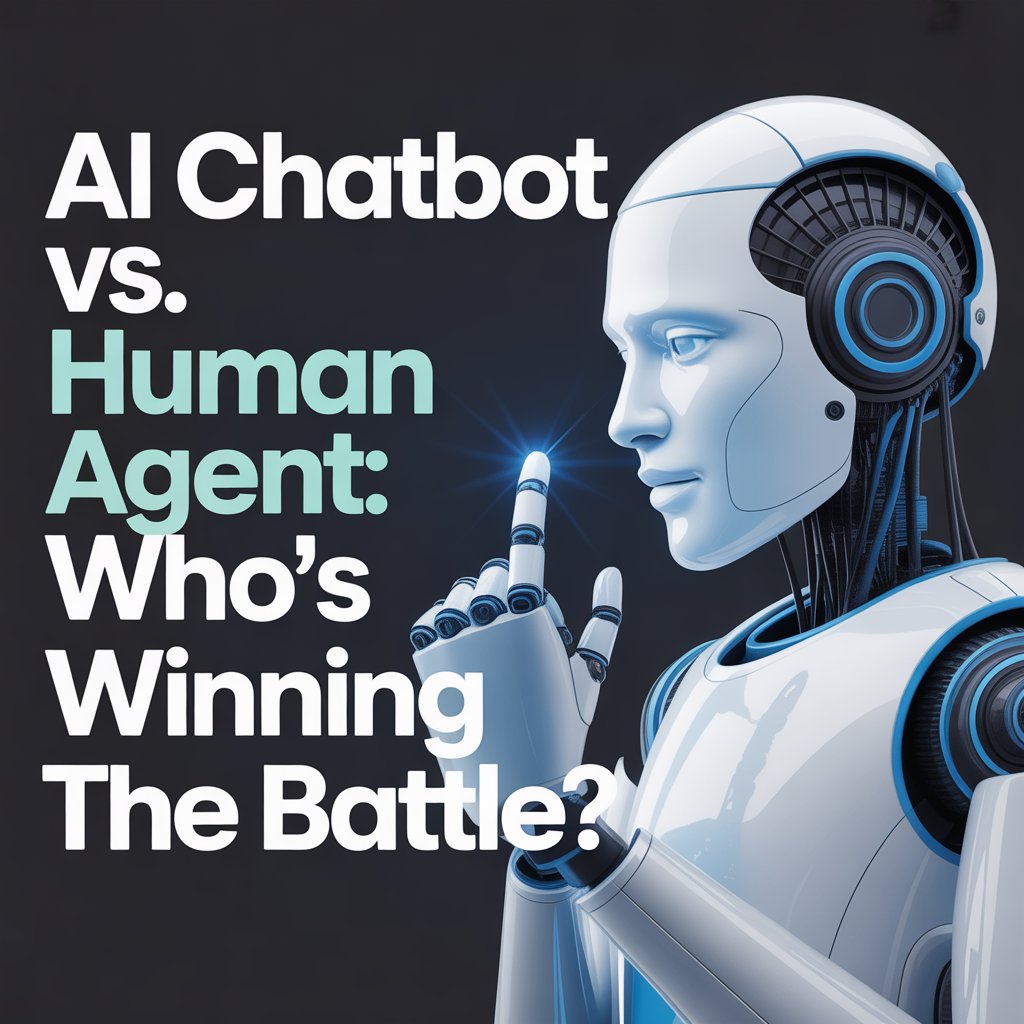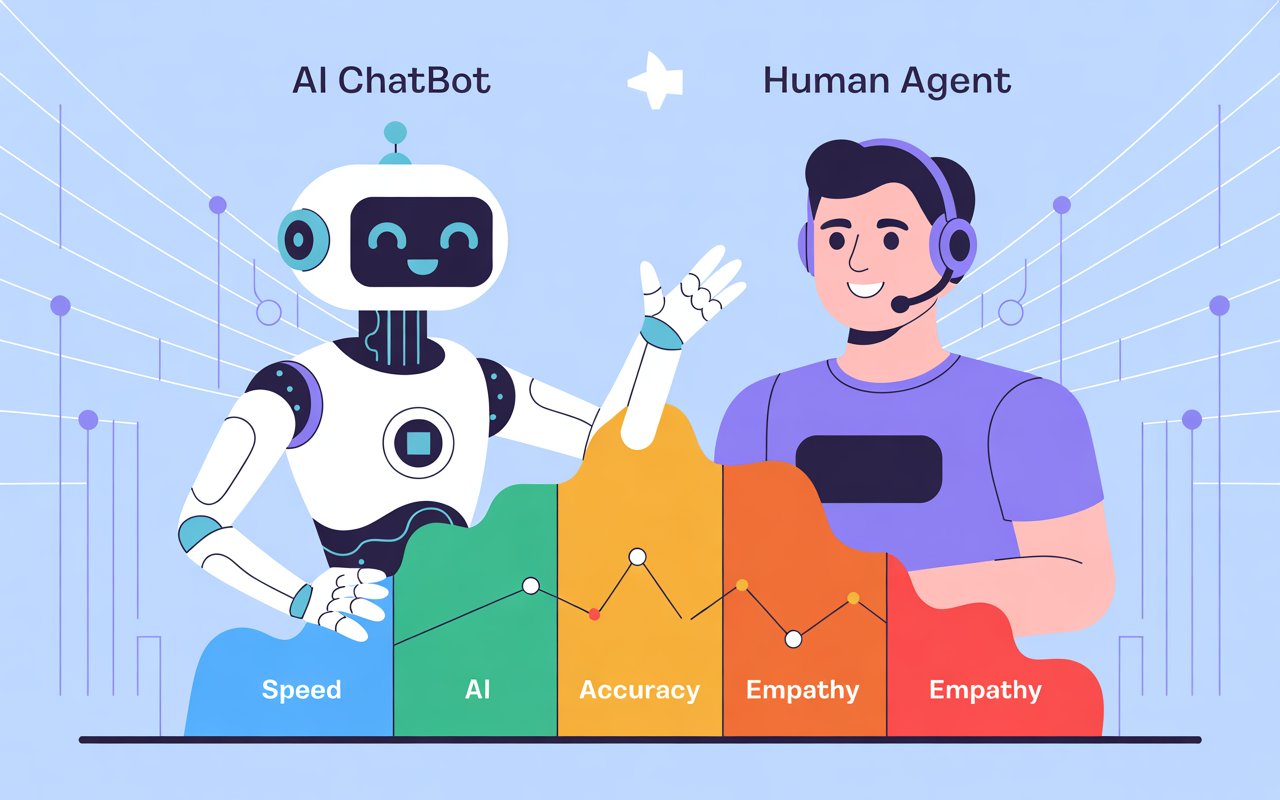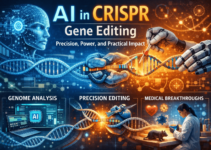Introduction
The debate over AI chatbots vs. human agent has become central to the future of customer service. Businesses are increasingly relying on AI-powered chatbots to streamline support, but human agents continue to provide empathy and critical thinking that machines cannot replicate. Understanding AI Chatbots vs. Human Agent is crucial for companies looking to optimize efficiency while maintaining quality interactions.
This article explores the strengths, weaknesses, and practical applications of both, offering insights into AI Chatbot vs. Human Agent in today’s competitive digital landscape.
What is an AI Chatbot?
AI chatbots are computer programs that use artificial intelligence and natural language processing (NLP). They can:
- Answer common customer queries instantly
- Provide 24/7 support without fatigue
- Collect user data to personalize future interactions
Modern AI chatbots, like those using GPT models, can handle complex conversations and even escalate issues to human agents when needed.
Strengths of AI Chatbots
- Speed and Efficiency: Chatbots are able to manage several questions at the same time, which helps to cut down on waiting periods.
- Cost-Effective: Businesses save on labor costs while providing round-the-clock service.
- Data-Driven Insights: Chatbots track customer behavior and preferences for targeted marketing.
Limitations of AI Chatbots
- Lack of Emotional Intelligence: AI cannot fully understand emotions or nuanced human concerns.
- Complex Problem-Solving Challenges: Issues requiring judgment or creativity often need a human touch.
- Technical Limitations: Poorly trained chatbots may provide inaccurate or repetitive answers.
Why Human Agents Still Matter
- Empathy and Personal Connection: Humans excel in emotional intelligence, handling complaints or sensitive topics gracefully.
- Critical Thinking: Humans can navigate ambiguous situations that AI cannot easily interpret.
- Relationship Building: Personal interactions foster customer loyalty and brand trust.
When to Use AI Chatbots vs. Human Agents
- AI Chatbots: Ideal for FAQs, appointment scheduling, payment processing, and initial customer triage.
- Human Agents: Necessary for complex troubleshooting, emotional support, or situations requiring negotiation.
Many companies adopt a hybrid model, using AI chatbots for efficiency while retaining human agents for high-value interactions.
Real-World Case Studies
- E-commerce: Chatbots handle order tracking and returns, while human agents address complaints or escalations.
- Banking: AI chatbots manage balance inquiries, and human representatives handle loan approvals or fraud disputes.
- Healthcare: Chatbots provide symptom triage, but doctors and nurses offer personalized care and emotional support.
The Future of Customer Service
The gap between AI chatbots and human agents is getting smaller as AI technology keeps improving. Future trends include:
- AI-Human Collaboration: Hybrid systems that combine automation with human judgment.
- Emotionally Intelligent AI: Chatbots capable of detecting sentiment and responding empathetically.
- Omnichannel Support: Seamless transitions between chatbots, humans, and other digital channels.
Conclusion
In the battle of AI chatbots vs. human agents, the winner depends on context. AI excels in speed, efficiency, and cost savings, while humans remain unmatched in empathy, problem-solving, and relationship-building. Forward-thinking businesses are embracing hybrid models, leveraging the strengths of both to deliver exceptional customer experiences.
Frequently Asked Questions (FAQs)
Can AI chatbots fully replace human agents?
No. Even though AI is good at doing simple tasks quickly, it still needs humans to deal with complicated issues and feelings.
How do hybrid models improve customer service?
Hybrid models allow chatbots to manage simple queries while escalating complex issues to humans, providing speed and personalization together.
Are AI chatbots cost-effective for small businesses?
Yes. AI chatbots reduce labor costs, operate 24/7, and provide consistent support, making them a valuable investment for businesses of all sizes.





